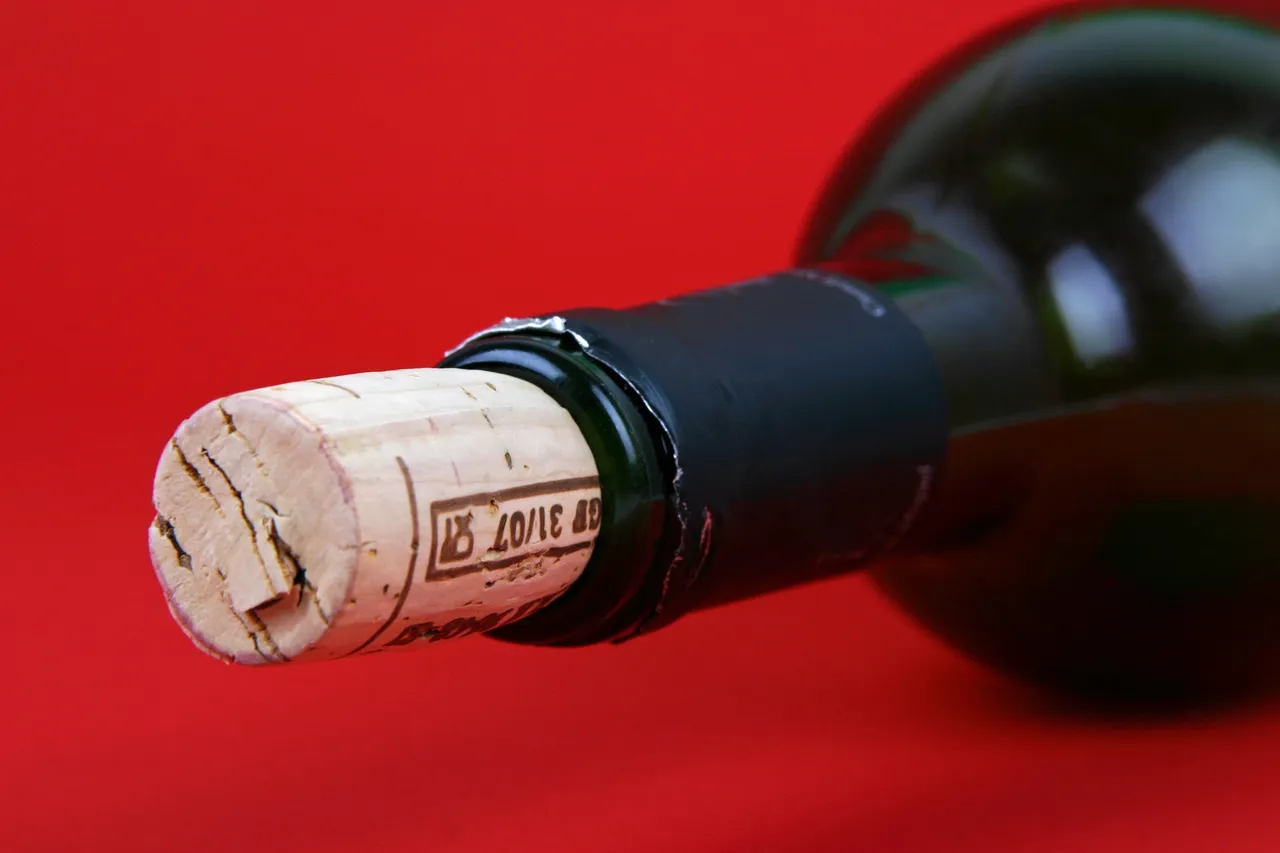
Can You Have Open Alcohol in Your Car?
As you may have probably guessed, you certainly cannot have open alcohol in your car. Illinois law makes it illegal for a driver to carry, transport, or possess alcohol within the passenger area of the vehicle upon a highway in Illinois if the alcohol container is not in its original container and the seal is broken or has essentially been opened. If the seal is broken and the alcohol is not in its original container, then you could be cited with having open alcohol in your car. The alcohol can be, but not limited to, liquor, wine, beer or champaign. This rule is also true for your passenger as well, meaning the passenger also is not allowed to carry or possess alcohol within the passenger area of the car. Whether you or the passenger actually had consumed this particular alcohol is irrelevant for purposes of violating this law. Although this particular law is commonly described as the “open alcohol in the car” ticket or “open container law”, it formally is cited as “Illegal Transportation of Alcohol”. Just like with most laws, there are exceptions to this rule.
Below are some of the exceptions:
1. If you are a passenger on a limousine, chartered bus, or a motor home vehicle or motor mini home. If you are a passenger on any of these vehicles, you are allowed to consume, carry or possess alcohol that in unsealed and not in its original container. There must be a partition in these vehicles that separated the passengers from the driver. However, if you are a driver of any of these vehicles, you are not allowed to consume any alcohol or having any alcohol liquor in or about the driver’s area. In fact, being caught with alcohol as a driver of these vehicles in these particular areas is prima facie evidence of the driver’s failure to abide by this law.
2. Another exception is a little bit more unique. If you purchased a meal and consumed a portion of a bottle of wine at a restaurant licensed to sell alcohol then you are allowed to take home, with the restaurant’s permission, the partially sealed and consumed wine bottle. There are some further additional requirements that would need to be met by the restaurant such as the restaurant having to seal the bottle tightly prior to your departure and placing it in a transparent one-time use tamper-proof bag.
This offense of open alcohol in the car is not a criminal misdemeanor, but that does not mean that there are not serious consequences associated with this offense. So, what are some of the consequences of being in violation of having open alcohol in the car? A second or subsequent violation of this offense within one year from the previous conviction will result in a 12-month driver’s license suspension. A first offense conviction, if you are under the age of 21 years old, will result in a 12-month driver’s license suspension by the Illinois Secretary of State. Separate from the driver’s license suspension, a conviction to this offense will also lead to increased insurance rates and court fines of up to $1,000.00. Furthermore, a conviction of this offense will result in 25 points against your driving record for purposes of suspension.
You may have defenses if you have been charged with open alcohol in the car. Some of the exemptions described above may apply to you and you can use them as a defense. Some additional defenses may be:
1. That the alcohol liquor was not in the passenger area.
2. The alcohol liquor was in the passenger area but with the unbroken seal and in its original container.
3. There was no alcohol in the container.
4. You were not driving in a public roadway.
You may also be able to argue that there was no probable cause or reasonable suspicion to pull you over. The best way to transport alcohol is placing the alcohol in the trunk of your vehicle to avoid any citations being issued under this law. If it is not going to be in your trunk, then you will want to make sure it is properly sealed with the lid or cap not opened such as when you purchased it and left in its original container.
It is important to speak with a traffic violation lawyer to discuss your case and to determine if any of these defenses are applicable to your particular case. Contact us to have a highly knowledgeable, experienced traffic attorney representing you on your traffic ticket.
